
The role of developers in driving the next generation of AI
Developers are no longer just builders – they’re the driving force behind GenAI’s evolution. Their creativity and expertise will shape the next generation of AI-driven innovation.

Developers are no longer just builders – they’re the driving force behind GenAI’s evolution. Their creativity and expertise will shape the next generation of AI-driven innovation.

A panel of industry experts explores how AI, omnichannel strategies, and data-driven insights will shape retail and financial services in 2025, enhancing efficiency, security, and customer experience.

What technology investments will keep construction and manufacturing leaders occupied in 2025? Our panel opines.

In 2025, CIOs must drive AI adoption and deliver ROI. Julian Mulhare, Managing Director EMEA at Searce, discusses the factors that matter.

Lynne Bailey, Lead Data Strategist at Databricks explores how controlled AI experimentation helps balance the C-suite’s urgency with technical teams’ need for careful, high-quality AI deployment.

Geoff Barlow, Product and Strategy Director at Node4 explores AI’s impact on jobs and cybersecurity, addressing concerns while highlighting the potential for new opportunities and the need for proactive planning and training.

As AI systems become more autonomous, organisations must build teams skilled in AI safety and alignment. The future of AI depends on expertise in scaffolding, ethics, and oversight.

John Kelleher, Vice President at UiPath, emphasises the critical need for businesses to quickly adopt AI and automation to boost efficiency, productivity, and profitability.
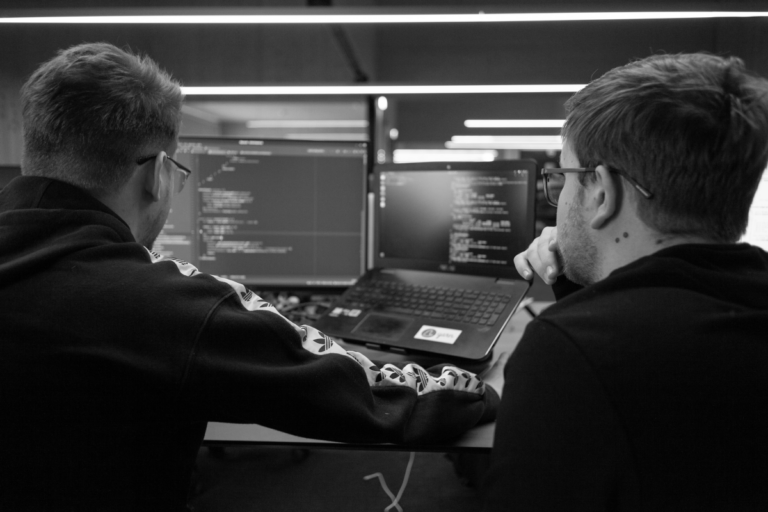
Karel Callens, CEO of Luzmo, discusses how the Flex SDK bridges the gap between low-code simplicity and developer flexibility, shaping the future of app development.

Alessandro Galimberti, Senior Director Analyst at Gartner, explores how generative AI is transforming Infrastructure and Operations, driving efficiency, agility, and competitive advantage for forward-thinking organisations.

As generative AI and LLMs have increasingly become a staple in how teams work, the demand for skills to effectively leverage these technologies has surged
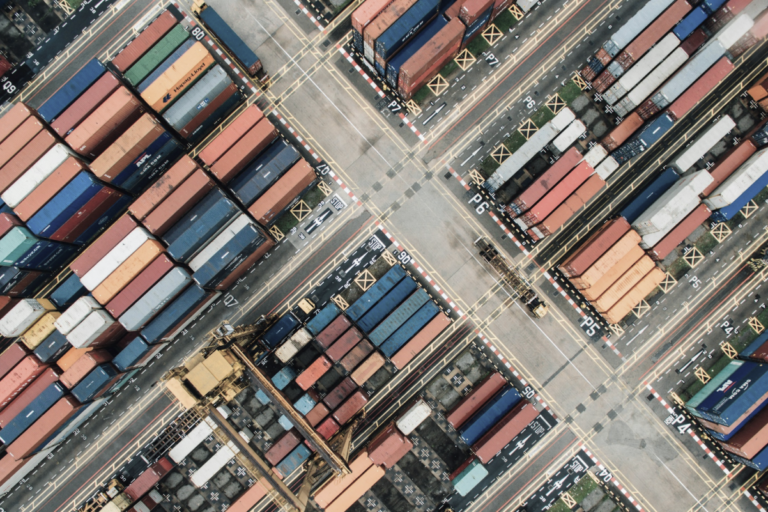
AI, ML, and generative technologies are transforming supply chains by enhancing efficiency, reducing costs, and enabling autonomous decision-making for logistics companies.

AI has the potential to revolutionise cybersecurity for Critical National Infrastructure (CNI), enabling smarter threat detection, operational resilience, and faster incident response in an evolving threat landscape.

AI-powered cyberattacks are growing more sophisticated, but organisations can fight back using AI-driven zero trust security, minimising vulnerabilities and preventing lateral movement within systems.

As computing evolves, organisations must prepare for three phases: edge computing, hybrid systems, and autonomous technologies, each reshaping business operations and human-technology interaction.

The EU AI Act introduces a comprehensive regulatory framework, classifying AI systems by risk, imposing strict compliance standards, and extending its reach globally, impacting organisations worldwide.

Aligning AI adoption with business goals is crucial for maximizing ROI, requiring robust data infrastructure and integration to enhance operational efficiency and drive innovation.

The future of construction lies in advanced Building Information Modeling (BIM) and AI, promising to enhance productivity, safety, and environmental compliance while addressing industry challenges.

DevOps is reshaping how organisations deliver value by streamlining application delivery and fostering innovation. Automation and AI are pivotal in enhancing efficiency and collaboration.
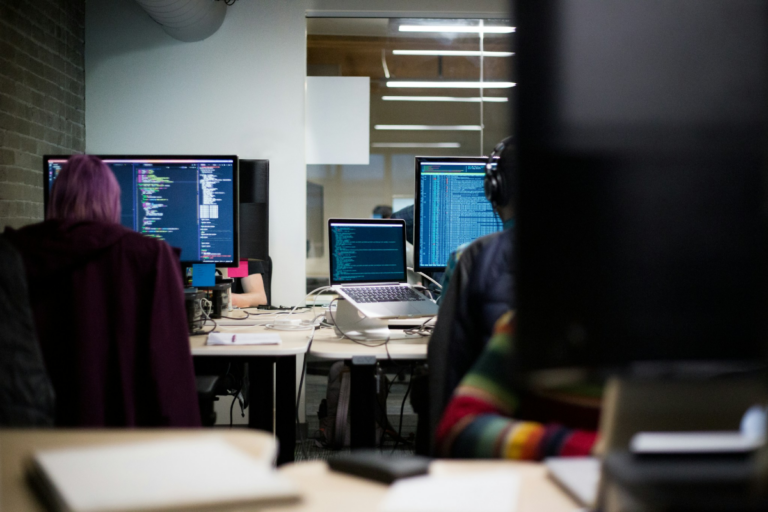
The rise of AI-driven autonomous sourcing is revolutionising procurement, enhancing efficiency and decision-making, while ensuring human expertise remains central to the process.

Steve Elcock, neuroscientist and founder of elementsuite, runs down the global state of play in AI and says effective regulation needs a prefrontal cortex.
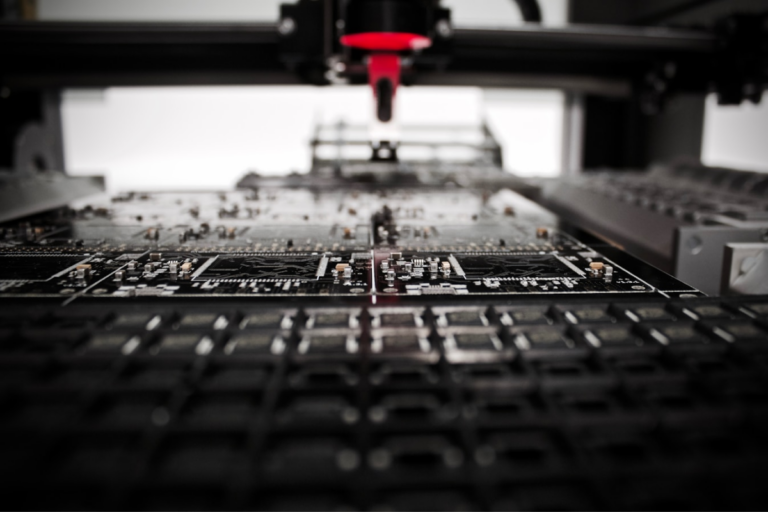
AI and ML are revolutionising electronics manufacturing by optimising production processes, improving quality control, and boosting productivity. Embracing these advanced technologies is crucial for success in Industry 4.0.

Content automation expert John Bates sees hugely responsive content as being within our reach. But what needs to happen to get us over the line?

AI and simulation are revolutionising design optimisation across industries. From chip design to aerospace and automotive, this synergy accelerates innovation, enhances accuracy, and drives efficiency.
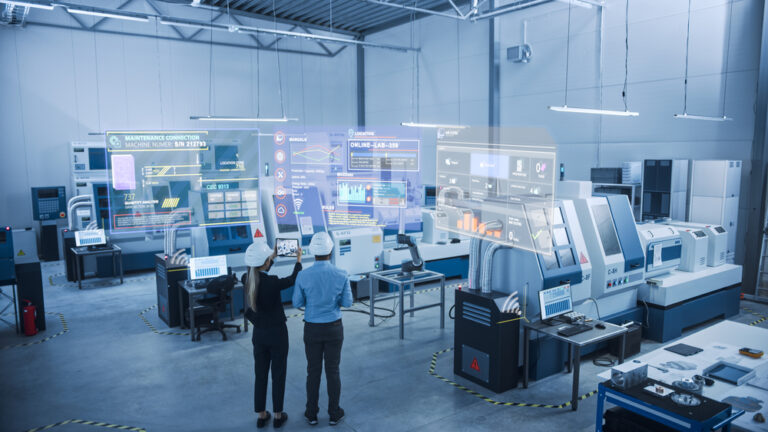
Unilever is bringing the fourth industrial revolution to ice cream manufacturing.

IAG Loyalty discusses its multi-year digital transformation and the future of product and customer-centric loyalty.
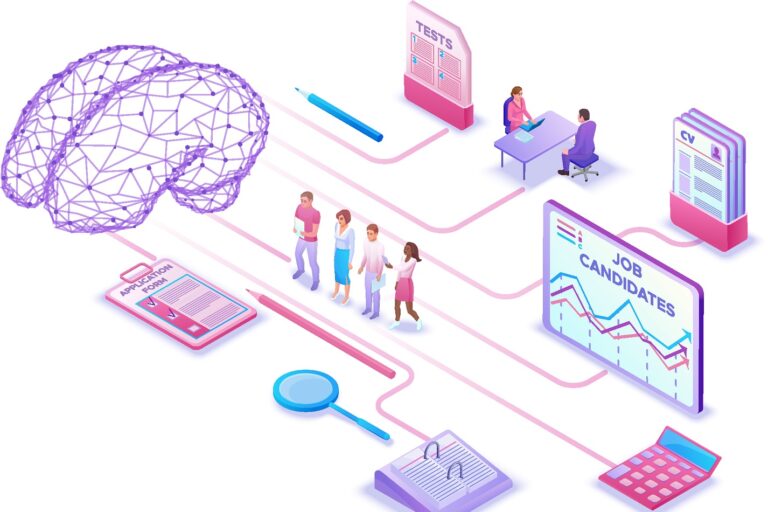
With many industries in a fierce battle for talent, Korn Ferry’s Kay Cooper tells us how AI is helping companies make better hiring decisions

Dr. Kristen Sosulski on how data visualisation can transform your business

VMware’s Alanzo Blackstock says businesses could be transformed by adopting a software-powered network
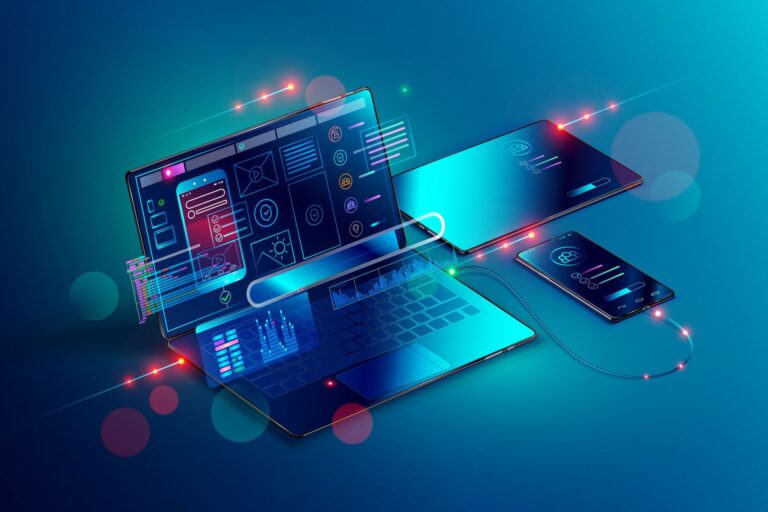
Wolfgang Platz gives some expert advice to organisations who are guilty of both overtesting and undertesting their software

Rajiv Shesh, head of HCLSoftware and Corporate Vice President of HCLTech, on the impending effects of AI on business, society, and every last one of us.

In this episode, BT’s Leigh Feaviour tackles ‘robotics’, ‘blockchain’, ‘digital disruption’ and more.

Developers are no longer just builders – they’re the driving force behind GenAI’s evolution. Their creativity and expertise will shape the next generation of AI-driven innovation.

A panel of industry experts explores how AI, omnichannel strategies, and data-driven insights will shape retail and financial services in 2025, enhancing efficiency, security, and customer experience.

What technology investments will keep construction and manufacturing leaders occupied in 2025? Our panel opines.

In 2025, CIOs must drive AI adoption and deliver ROI. Julian Mulhare, Managing Director EMEA at Searce, discusses the factors that matter.

Lynne Bailey, Lead Data Strategist at Databricks explores how controlled AI experimentation helps balance the C-suite’s urgency with technical teams’ need for careful, high-quality AI deployment.

Geoff Barlow, Product and Strategy Director at Node4 explores AI’s impact on jobs and cybersecurity, addressing concerns while highlighting the potential for new opportunities and the need for proactive planning and training.

As AI systems become more autonomous, organisations must build teams skilled in AI safety and alignment. The future of AI depends on expertise in scaffolding, ethics, and oversight.

John Kelleher, Vice President at UiPath, emphasises the critical need for businesses to quickly adopt AI and automation to boost efficiency, productivity, and profitability.

Karel Callens, CEO of Luzmo, discusses how the Flex SDK bridges the gap between low-code simplicity and developer flexibility, shaping the future of app development.

Alessandro Galimberti, Senior Director Analyst at Gartner, explores how generative AI is transforming Infrastructure and Operations, driving efficiency, agility, and competitive advantage for forward-thinking organisations.

As generative AI and LLMs have increasingly become a staple in how teams work, the demand for skills to effectively leverage these technologies has surged

AI, ML, and generative technologies are transforming supply chains by enhancing efficiency, reducing costs, and enabling autonomous decision-making for logistics companies.

AI has the potential to revolutionise cybersecurity for Critical National Infrastructure (CNI), enabling smarter threat detection, operational resilience, and faster incident response in an evolving threat landscape.

AI-powered cyberattacks are growing more sophisticated, but organisations can fight back using AI-driven zero trust security, minimising vulnerabilities and preventing lateral movement within systems.

As computing evolves, organisations must prepare for three phases: edge computing, hybrid systems, and autonomous technologies, each reshaping business operations and human-technology interaction.

The EU AI Act introduces a comprehensive regulatory framework, classifying AI systems by risk, imposing strict compliance standards, and extending its reach globally, impacting organisations worldwide.

Aligning AI adoption with business goals is crucial for maximizing ROI, requiring robust data infrastructure and integration to enhance operational efficiency and drive innovation.

The future of construction lies in advanced Building Information Modeling (BIM) and AI, promising to enhance productivity, safety, and environmental compliance while addressing industry challenges.

DevOps is reshaping how organisations deliver value by streamlining application delivery and fostering innovation. Automation and AI are pivotal in enhancing efficiency and collaboration.

The rise of AI-driven autonomous sourcing is revolutionising procurement, enhancing efficiency and decision-making, while ensuring human expertise remains central to the process.

Steve Elcock, neuroscientist and founder of elementsuite, runs down the global state of play in AI and says effective regulation needs a prefrontal cortex.

AI and ML are revolutionising electronics manufacturing by optimising production processes, improving quality control, and boosting productivity. Embracing these advanced technologies is crucial for success in Industry 4.0.

Content automation expert John Bates sees hugely responsive content as being within our reach. But what needs to happen to get us over the line?

AI and simulation are revolutionising design optimisation across industries. From chip design to aerospace and automotive, this synergy accelerates innovation, enhances accuracy, and drives efficiency.